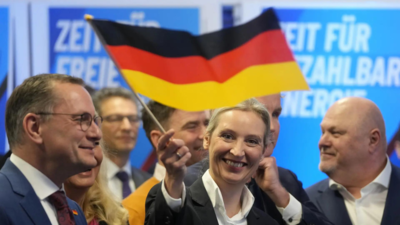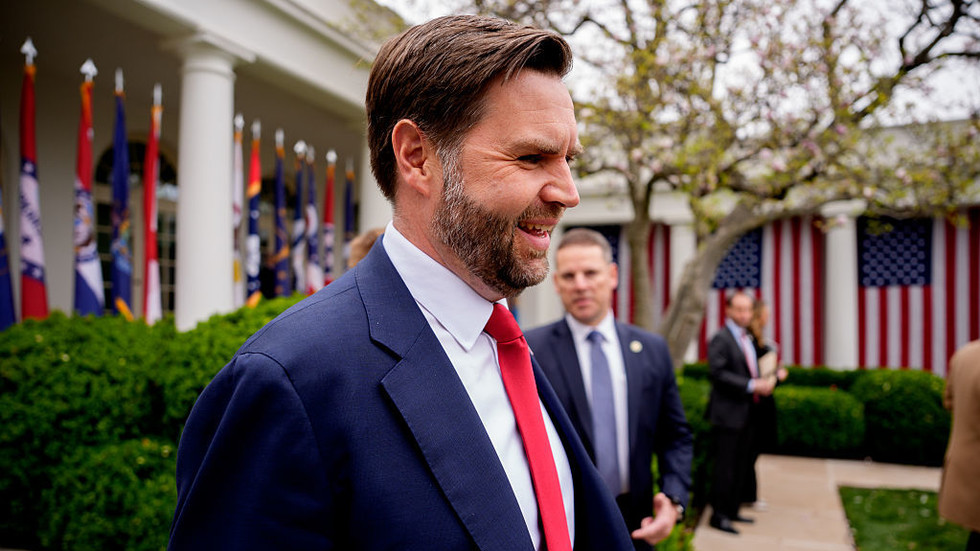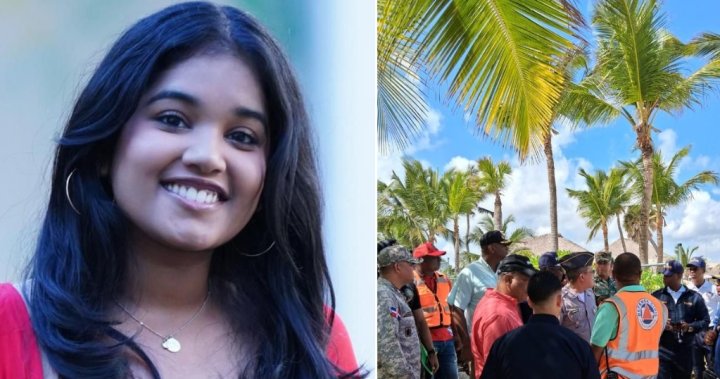
Leader of far right AfD Alice Weidel waves a German flag at the AfD party headquarters in Berlin, Germany, Sunday, February 23, 2025, after the German national election. (AP)
Germany’s elections on Sunday saw the far-right Alternative for Germany (AfD) secure its highest-ever vote share, finishing second with over 20 per cent. The conservative
CDU/CSU alliance
, led by Friedrich Merz, won the most votes with more than 28 per cent. Outgoing Chancellor Olaf Scholz’s Social Democrats (SPD) recorded their worst postwar result at just over 16 per cent.
Rise of AfD
The AfD’s rise comes amid growing concerns over immigration and security following recent attacks linked to asylum seekers.
The party, which first entered the Bundestag (Germany's Parliament) in 2017 with 12.6 per cent, nearly doubled its vote share. AfD co-leader Tino Chrupalla called the outcome "historic," while the party’s candidate for chancellor, Alice Weidel, said AfD is "open for coalition negotiations." AfD co-leader Tino Chrupalla called the outcome "historic," while the party’s candidate for chancellor, Alice Weidel, said AfD is "open for coalition negotiations."
However, mainstream parties, including Merz’s CDU/CSU, have ruled out working with AfD. "We have fundamentally different views, for example on foreign policy, on security policy, in many other areas, regarding Europe, the euro, Nato," Merz said. "You want the opposite of what we want, so there will be no cooperation."
Scholz also opposed AfD’s rise, saying, "That must never be something that we will accept. I will not accept it and never will."
The election was held earlier than planned after Scholz’s coalition government collapsed in November last year. The campaign focused on concerns about Germany’s economy and migration policies.
Merz, a longtime critic of former Chancellor Angela Merkel, has pushed for stricter immigration policies. He has called for a swift formation of a new government, citing global changes under US President Donald Trump. "The world out there isn’t waiting for us, and it isn’t waiting for long-drawn-out coalition talks and negotiations," he said.
The SPD’s coalition partners also struggled. The Greens received around 12 per cent, while the Free Democrats (FDP) were projected to fall below the 5 per cent threshold needed to retain seats. The newly formed Sahra Wagenknecht Alliance (BSW) hovered around this threshold, while the hard-left Left Party strengthened its position with up to 9 per cent.
AfD unlikely to be part of the ruling coalition
CDU/CSU is a centre-right Christian democratic and conservative political alliance of two political parties in Germany - the Christian Democratic Union of Germany and the Christian Social Union in Bavaria.
Merz aims to form a government by Easter, but coalition negotiations are expected to be challenging. He may seek to partner with the SPD and Greens. Vice Chancellor Robert Habeck of the Greens suggested that Merz should "moderate his tone" after the campaign.
“We have seen the center is weakened overall, and everyone should look at themselves and ask whether they didn't contribute to that,” said Habeck. “Now he must see that he acts like a chancellor.”
More than 59 million people were eligible to vote in the election, which will determine the composition of the 630-seat Bundestag. The next government will play a key role in shaping Germany’s economic and foreign policies, including its position on Ukraine and relations with the US under Trump’s leadership.

 1 month ago
17
1 month ago
17










 English (US) ·
English (US) ·